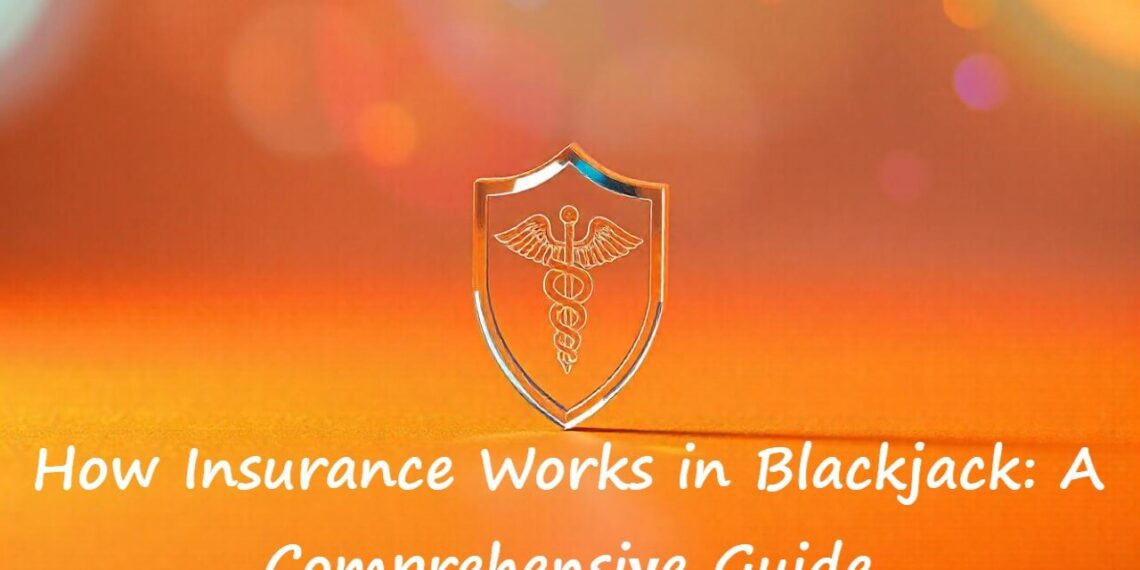Blackjack is one of the most popular casino games known at the time, mixing luck and strategy into a great event. There is actually one underrated part of the game in blackjack: insurance. In this article, we’re going to look at how insurance works in blackjack, discuss the pros and cons of insurance, and if insurance is a beneficial idea for blackjack players. After reading this guide through to the end, you’ll know enough of this strategic option to be able to make smarter decisions at the blackjack table.
What is Baccarat Insurance?
In blackjack insurance is a side bet placed on the dealer’s upcard being the Ace. It’s a safety blanket for the player to insure against the possibility the dealer has a blackjack (which is a 21 with their first two cards). Your main bet is separate from the insurance bet and is usually half the size of you original bet.
If the dealer reveals a blackjack, the insurance bet pays 2:At 1, which closes you even on your hand. The insurance bet is lost if the dealer does not have blackjack and the game continues as normal.
How to Place an Insurance Bet
Here’s a step-by-step breakdown of how insurance works in blackjack:
Dealer Shows an Ace: Before showing his hole card, the dealer offers all the players insurance.
Player Chooses Insurance: If, however you decide to take insurance, you make a side bet the equivalent of half your original wager.
Dealer Checks for Blackjack: The dealer is dealt their hole card.
If the dealer has blackjack, the insurance bet pays out 2:1.
The game continues if not.
For example:
It’s your $20 main bet, and the dealer’s upcard is an Ace.
You bet $10 on some insurance.
If the dealer has blackjack you win $20 on an insurance bet, which makes up for your main bet loss.
The Pros of Insurance in Blackjack
1. Protection Against Dealer Black Jack
At the dealer gets blackjack, you can save yourself a huge loss when you have insurance. But if you’ve put down a big first bet, for example, this is especially helpful.
2. Fixed Payout Ratio
The 2:On a hand, 1 payout ratio on insurance bet ensures that you will break even if the dealer has a natural blackjack.
3. Card Counting — Strategic Use
When the deck has a lot of 10 value cards, savvy card counters will use insurance to minimize the chances of a dealer blackjack.
Reasons not to take Insurance in Blackjack
1. High House Edge
The house edge on insurance is often above 7%. It makes it a loss making play for most players in the long run.
2. Desperately Not Profitable Without Card Counting
For players who don’t count cards insurance is usually a losing proposition because the odds the dealer has blackjack is less than 1 in 3.
3. Distracts from Core Strategy
If the idea entices you into focusing only on insurance bets, then do so at the risk of making poor decisions with the primary hand.
When do we take insurance?
While insurance is generally not recommended for casual players, there are specific scenarios where it may make sense:
1. Card Counting
So if you’re card counting well enough in your head and know the deck is rich with 10s, it can seem like a smart play to take insurance.
2. High Stakes Games
Insurance can provide a protection on large bets played in high stakes games. Yet, even within this one, a match would take the house edge into consideration.
3. Dealer’s Upcard Trends
Even if it’s a gamble still watching the dealer’s up cards will affect your decision.
Should Beginners take Insurance?
The answer is no for most beginners: insurance is statistically an unfavorable bet in a standard gameplay. Learn and use to the best of your understanding a basic blackjack strategy to reduce house edge and increase your odds of winning.
What’s Going On Behind the Scenes Regarding the Math of Insurance in Blackjack
To understand why insurance is often a poor choice, let’s look at the probabilities:
About 30.8 percent of the time, the dealer has a blackjack when his upcard is an Ace.
In other words, barely more than 30% of the time the insurance bet will win.
Given the 2:For non card counters, the expected value of an insurance bet is negative however, it is, in one payout.
Many Alternative options available for Taking insurance
If you’re not comfortable with the odds of insurance, consider these strategies instead:
Stick to Basic Strategy: Blackjack strategy chart allows you to make optimals decisions as your hand and the dealer’s up card.
Split or Double Down: How you can maximize your winnings varies depending on what cards you have.
Conclusion
To be a good blackjack player, you must first understand how insurance works. At first, it sounds like a great idea, until you glance at the statistical realities. Insurance is a poor investment for casual players; better to put that effort into mastering basic strategy. Insurance would be useful for advanced [players] capable of counting cards in the right situations.
After that you’ll have a good understanding of the ins and outs of blackjack insurance, so you can make an informed bet next time the dealer has an Ace upcard. Good luck at the tables!






